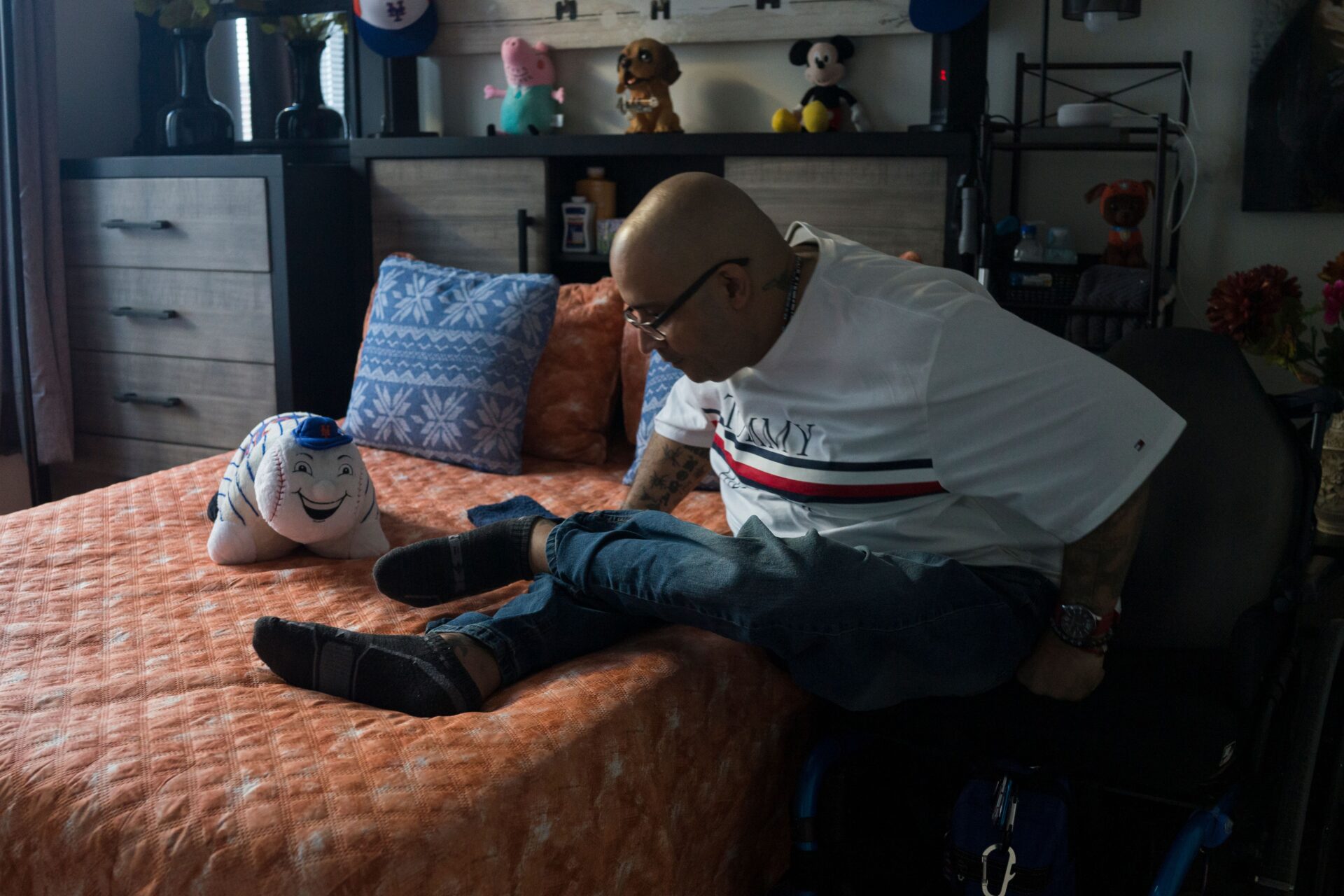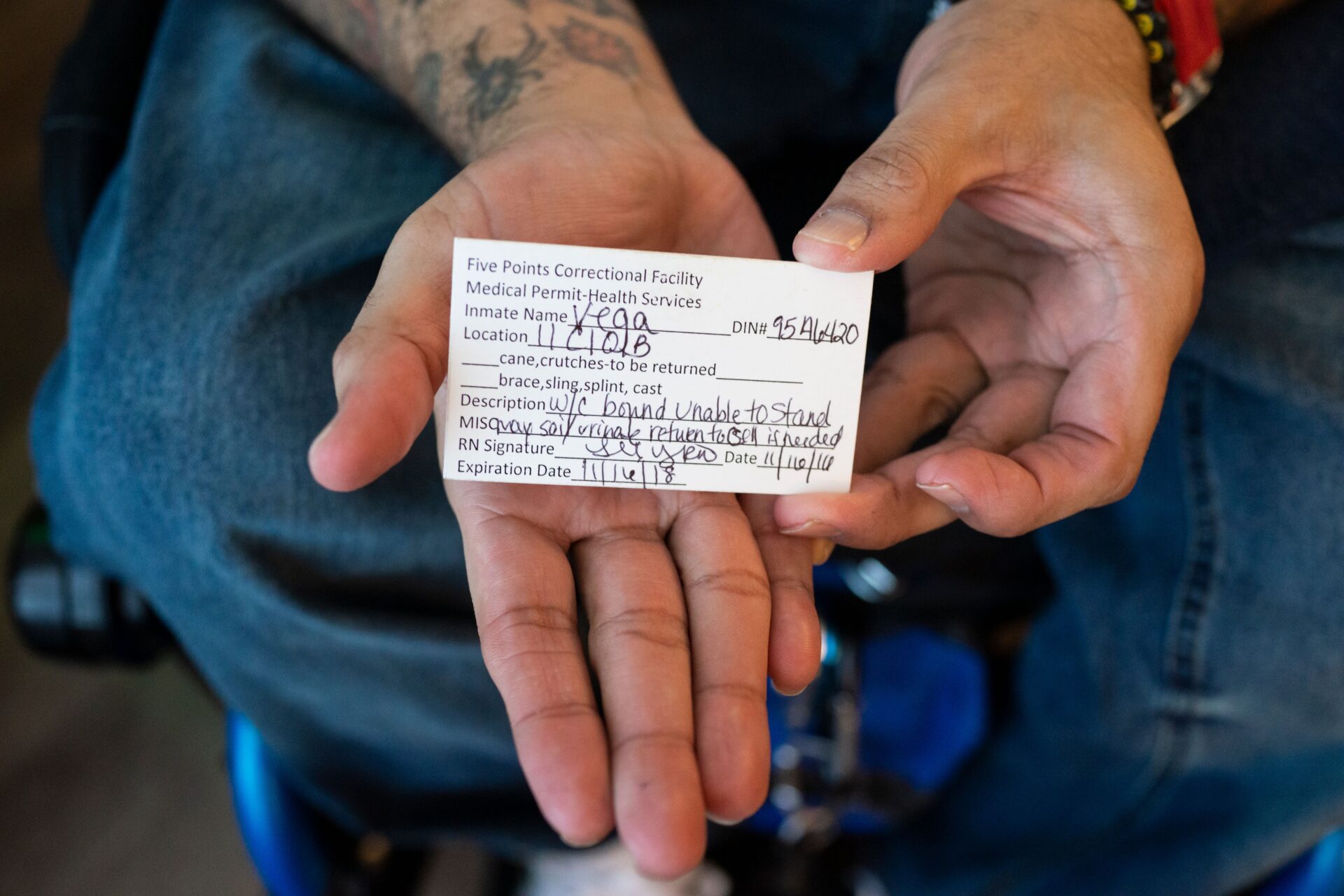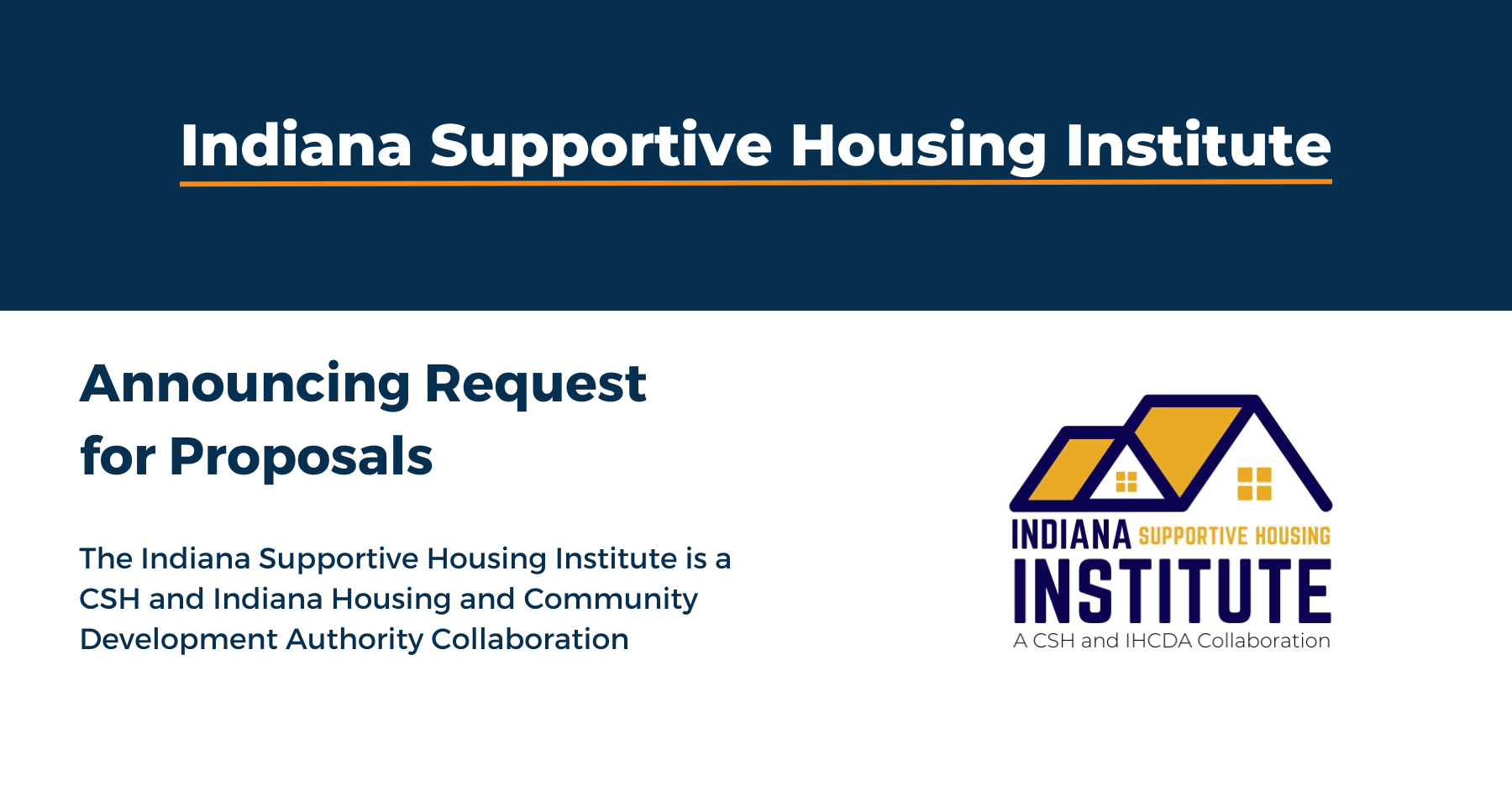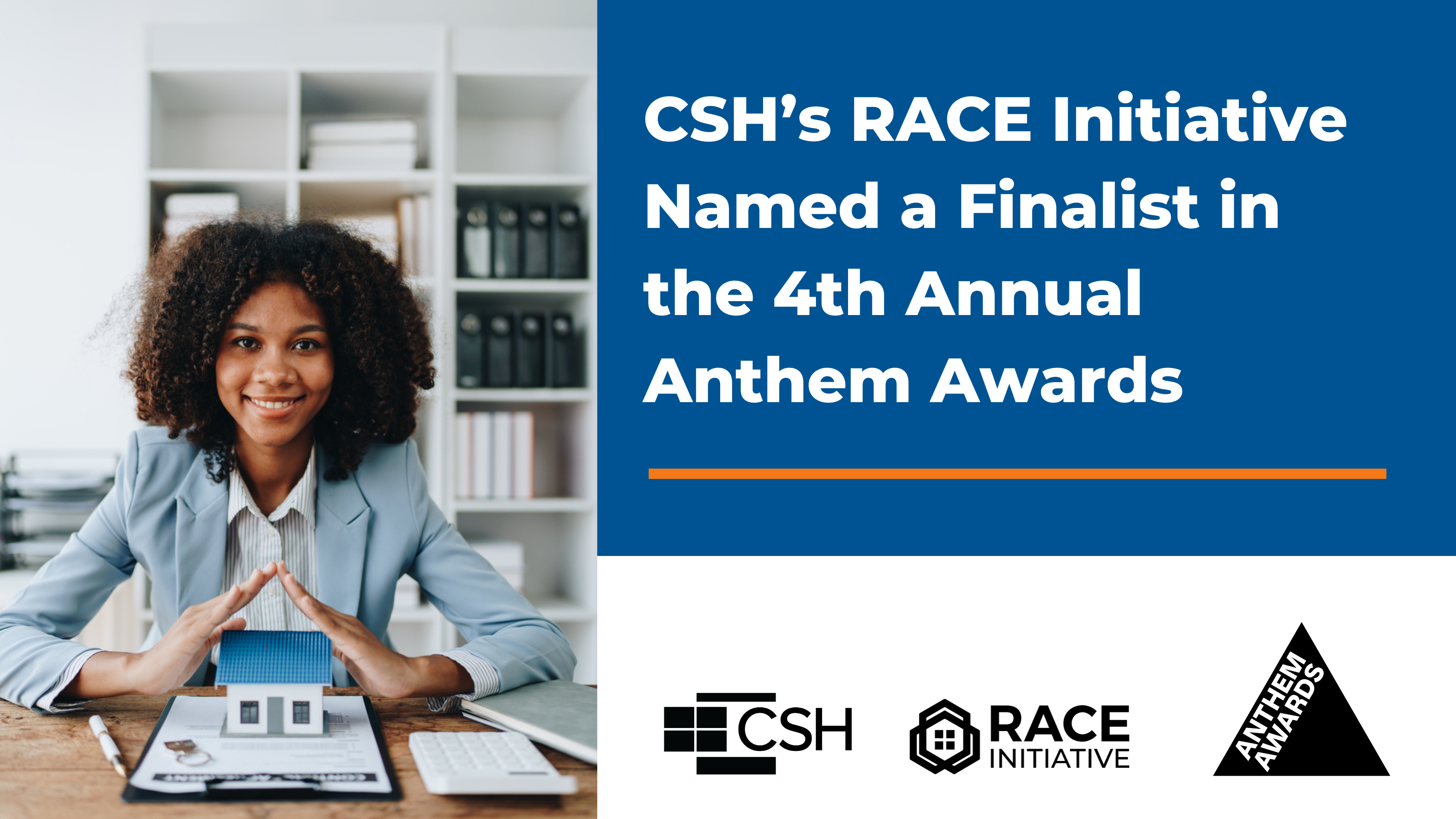Supportive housing plays a vital role in providing stability for individuals who have experienced incarceration. However, accessing affordable housing and supportive services can be extremely challenging. People coming out of jail and prison often face significant barriers when securing suitable housing options that meet their needs. For people who are leaving carceral settings and have a physical disability and/or chronic medical condition, the barriers are even more significant.
Universal housing, or housing designed to meet the changing needs of residents over their lifetime should be accessible, universally available, and affordable. In this interview, we spoke with a remarkable individual who has navigated these challenges firsthand. José Vega is a resident of Osborne Association’s Marcus Garvey Supportive Housing program. Although demand far outstrips these promising efforts, Osborne and other nonprofits serving incarcerated and formerly incarcerated people and their families are working with partners to provide transitional and supportive housing. José’s story sheds light on the barriers faced by people with disabilities leaving jail and prison and highlights the importance of empathetic support systems that facilitate successful reintegration.
Interviewee Profile:
Name: José Vega
Interview Date: July 22, 2023
Q: Can you share some insights into your challenges in finding suitable housing after your release from prison?
José Vega: Certainly. Even before being released, one of my biggest challenges was finding housing. If not, I would have been denied release. Fortunately, I could stay with my mother and father in their senior living apartment. Although my parents were willing to provide a place for me to stay, the apartment wasn’t ADA-accessible, making my daily activities difficult. The elevator within the complex malfunctioned during my stay, leaving me trapped in the apartment for at least a year and eight months. The lack of accessibility led me to search for supportive housing to meet my specific needs, improve my quality of life, and protect my parent’s tenancy within their senior living complex. During my search, I experienced the stigma of having a criminal record. Many landlords hesitated to rent to me, despite the fact that I served my sentence and was genuinely seeking a fresh start.
Additionally, being disabled added another layer of complexity. Finding accessible housing that accommodated my mobility needs was challenging. It often felt like a double barrier to overcome.

Q: Were there any programs or services that helped you overcome these barriers?
José Vega: Thankfully, Christina Green with the Osborne Group provided me with accessible housing. Christina contacted me after speaking to many community organizations and sharing my story of being paralyzed from the chest down due to a gunshot wound, advocating for accessible housing while incarcerated, and dealing with the harsh environments and discrimination within correctional facilities. The Osborne Group constructed an accessible apartment that met my needs. Reintegration organizations and nonprofit agencies were crucial in providing guidance, connecting me with resources, and advocating. They helped me understand my rights as a disabled person and gave me a network that helped me achieve my goal.
Q: What advice would you give to others facing similar challenges searching for supportive housing?
José Vega: First and foremost, never give up. The process can be disheartening at times, but persistence pays off. How a specific disability affects the way you approach life can be difficult. However, you must communicate because others must adjust to your condition and not be afraid to live with your disability. Reach out to local organizations that specialize in reintegration and housing support. They have the expertise and connections to guide you through the process and help you navigate the barriers. Networking with individuals who have successfully transitioned into supportive housing can provide invaluable advice and support.

Q: How can society and housing providers better address the needs of formerly incarcerated people with disabilities seeking supportive housing?
José Vega: Education and awareness are crucial. Society needs to move beyond stigmatizing individuals based on their past mistakes and instead focus on their potential for change and growth. Housing providers should actively work towards eliminating discriminatory practices and provide affordable, accessible housing options. ADA means the housing is accessible for those in a wheelchair, but it does not mean that the housing location can accommodate the needs of my specific disability. Collaboration between housing organizations, nonprofits, and reintegration agencies can help bridge the gaps and create a more inclusive and understanding environment.
The journey towards supportive housing for people with disabilities who are leaving jail and prison is riddled with barriers, ranging from stigma to accessibility challenges. José Vega exemplifies the resilience and determination of individuals seeking a fresh start by raising awareness and advocating for change. José’s story demonstrates the critical role that reintegration and housing organizations play in advocating for universally accessible housing that meets the needs of individuals who have a disability.
Photos by Annie Grossinger





